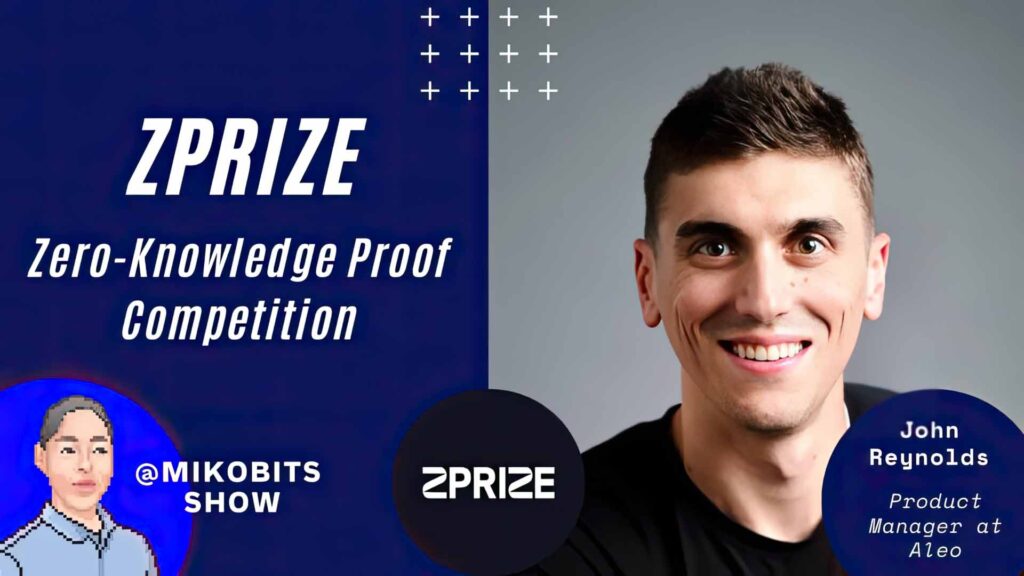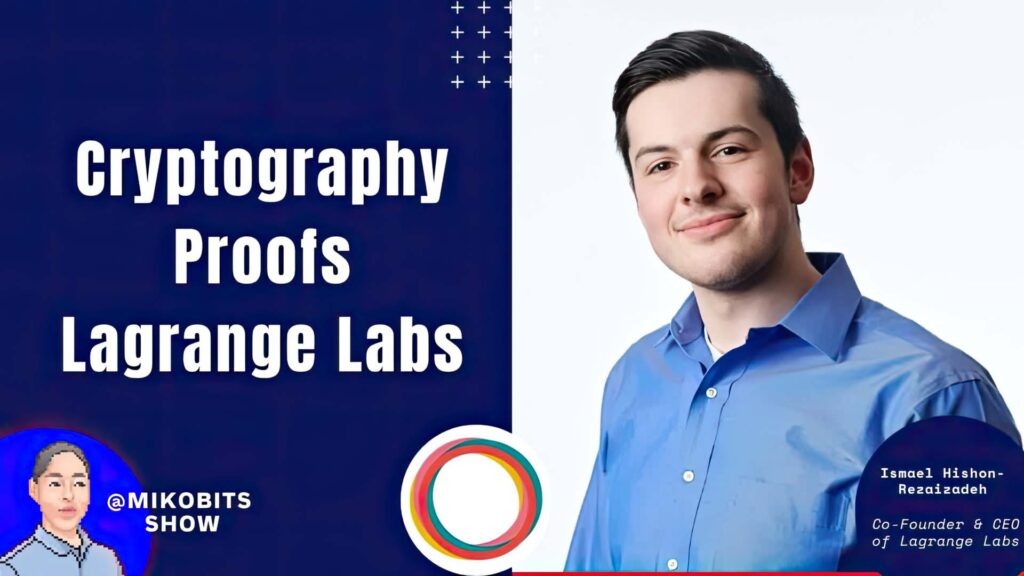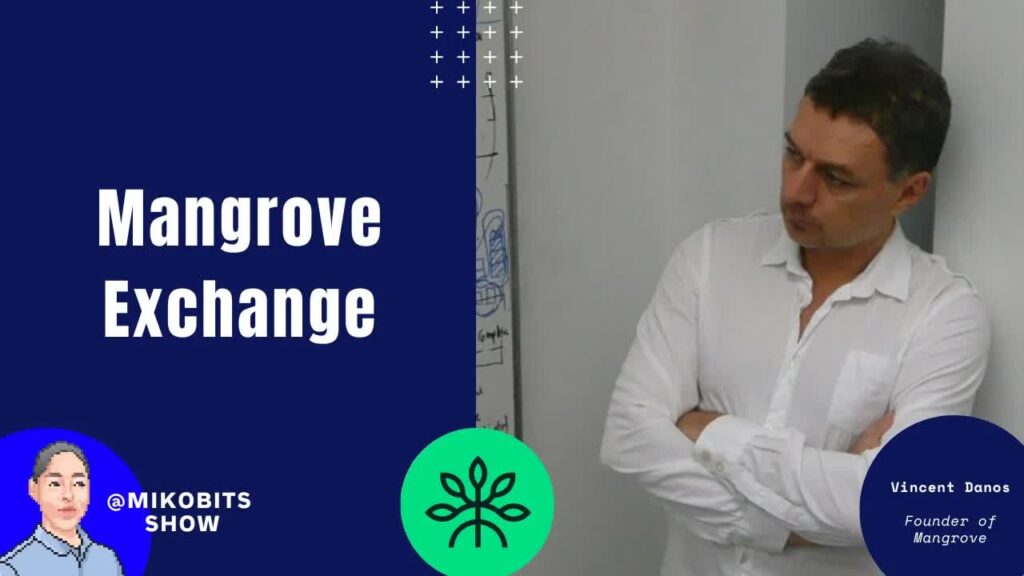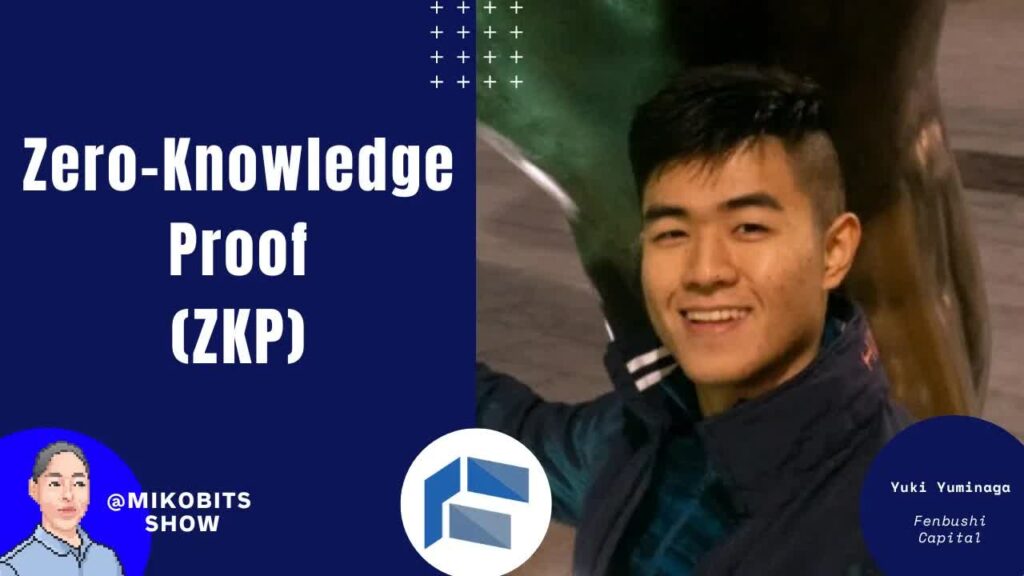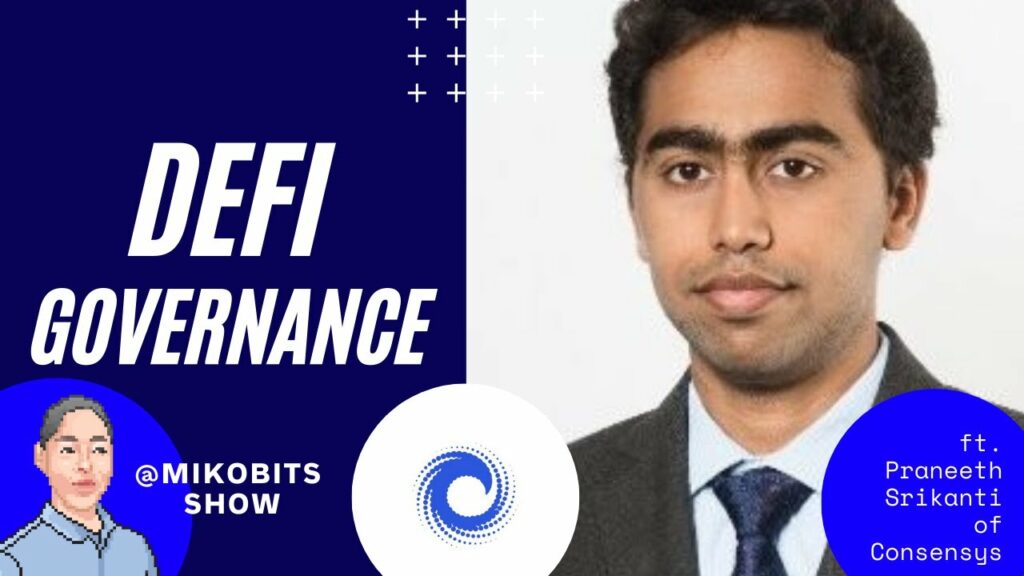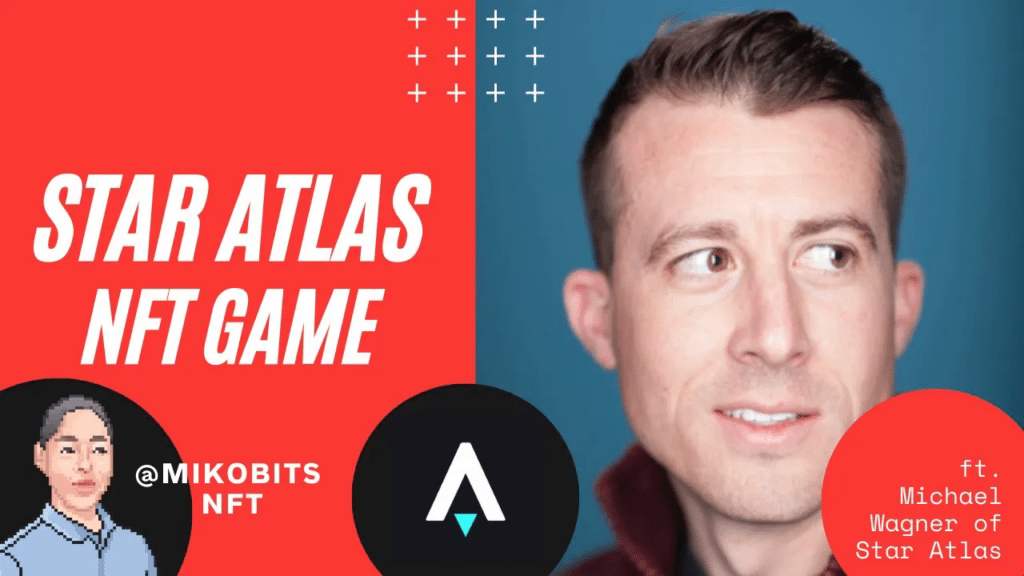Originally aired on July 28, 2023
In this episode of the Miko Bits show, host Miko Bits interviews Åke André, the founder of Crypto Rogue Games. They discuss the future of web3 gaming and Åke’s project, Crystals of Naramunz. Åke shares his background as an OG gamer and his journey in the gaming industry. They talk about the potential impact of web3 on the gaming industry and how it can disrupt traditional models. They also delve into the design decisions and mechanics of Crystals of Naramunz, including skill progression and dynamic dungeons. Overall, they are excited about the future of web3 gaming and the possibilities it holds.
What is Crystals of Naramunz?
Crystals of Naramunz is an upcoming free-to-play action RPG set in the post-apocalyptic steampunk world of Naramunz.
Check the game here https://www.naramunz.com/
and follow their twitter for more information @naramunz
@AkeAndre
The Future of Web3 Gaming with Crypto Rogue Games Founder Åke André
- Discusses the game Crystals of Naramunz, a steampunk-themed isometric action RPG for PC.
- Talks about his background as an OG gamer and his experience in the gaming industry.
- Explores the potential impact of web3 on the gaming industry and how it can disrupt traditional models.
- Highlights the design decisions and mechanics of Crystals of Naramunz, including skill progression and dynamic dungeons.
- Emphasizes the importance of user engagement and customization in web3 gaming.
- Looks forward to the future of web3 gaming and the opportunities it presents.
00:13 – Ake Introduction
1:42 – Ake Background in gaming
11:49 – Free-to-play model
26:28 – Ake’s perspective on the impact of web3 in gaming industry
30:08 – Design desition & contrast with Crystal of Naramus
46:09 – IP in gaming
56:24 – The US Gaming Market Regultions, SCC vs. Asian Gaming Market
1:07 – The Virtual Reality concept that build the Pyramid of Egypt
1:11 – The future of Gaming with Web3 & Blockchain technology
